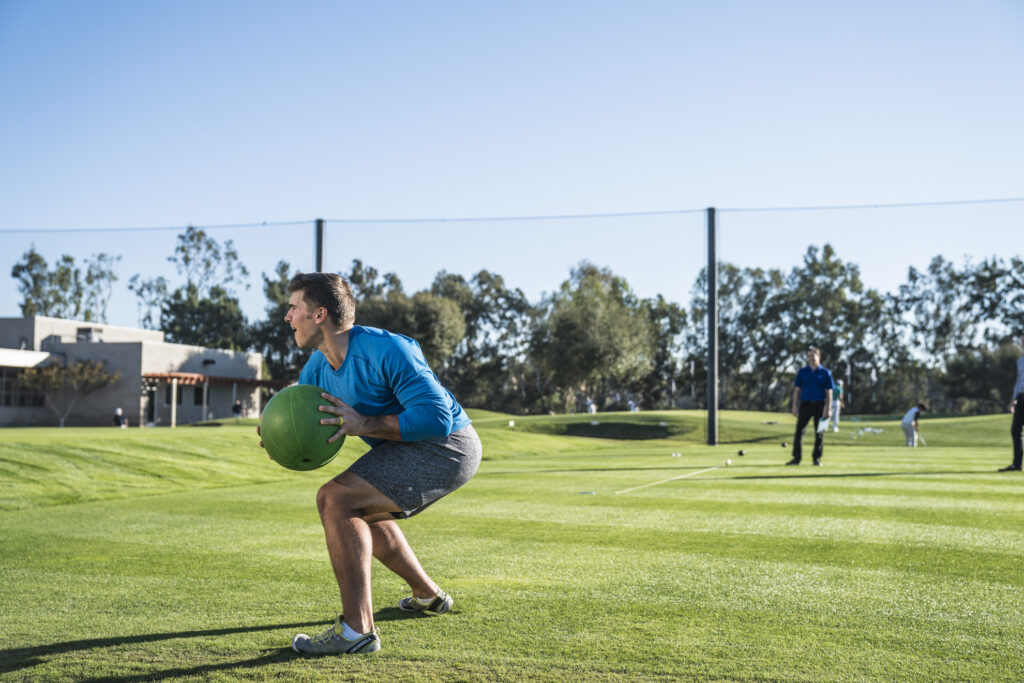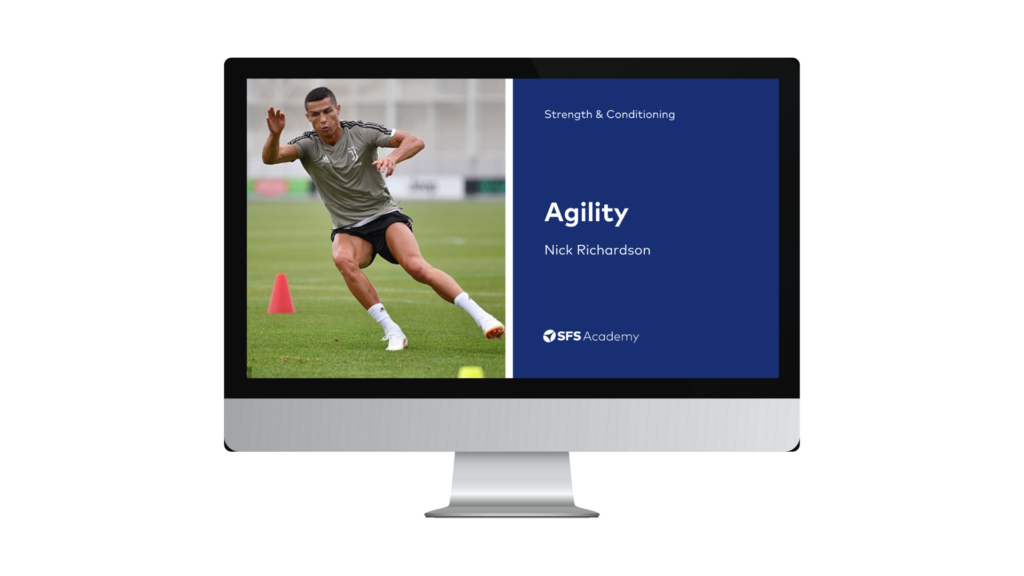This week in the world of sports science, here’s what happened…
- FC Bayern Munich and vitamin K2 supplementation
- Can the Running Readiness Scale predict the likelihood of lower extremity injuries?
- The validity and reliability of the medicine ball rotational power test
FC Bayern Munich and vitamin K2 supplementation

Recently, the FC Bayern Munich Women’s team announced a multi-year partnership with Balchem, a company specialising in human nutrition and health. Notably, one of the primary objectives of this partnership is to enhance awareness regarding the health and performance benefits associated with vitamin K2 supplementation.
Vitamin K2 is known to support the maintenance of strong bones and heart health while also contributing to the reduction of inflammation. It is primarily found in fermented foods, hard cheeses, and organ meats. However, in many Western countries, a significant portion of the population does not meet their vitamin K2 requirements. Consequently, the market for vitamin K2 supplementation is anticipated to experience significant growth in the coming years.
Balchem has emphasised that not all vitamin K2 supplements meet adequate quality standards, citing an analysis that revealed more than two-thirds of such supplements do not comply with their label claims. Therefore, Balchem claims that its vitamin K2 product, “K2VITAL,” is of higher quality and purity.
Balchem also claims that vitamin K2 supplementation can improve athletic performance, hence the reason of their partnership with the FC Bayern Munich Women’s team. Interestingly, the company has recently partnered with universities in Scotland and Lithuania to solidify research that demonstrates vitamin K2’s potential to improve muscle recovery, facilitate muscle growth, and reduce inflammation.
It will be of interest to observe the developments of Balchem’s partnership with the FC Bayern Munich Women’s team and to monitor the rising popularity of vitamin K2 supplementation in the market. If you would like to read the story in full, it can be found here.
Can the Running Readiness Scale predict the likelihood of lower extremity injuries?

The Running Readiness Scale serves as an injury screening tool for athletes. It requires participants to complete a series of exercises, including double-leg hopping, planks, step-ups, single-leg squats, and wall sits. Each athlete must maintain proper technical form throughout each exercise. A score of one is awarded for each successfully completed exercise, while a score of zero is given if the correct technical form is not upheld.
A recent study explored whether the Running Readiness Scale could predict a higher likelihood of lower extremity injuries among athletes. The study involved 113 NCAA Division III track and field athletes, all of whom were assessed using the Running Readiness Scale at the beginning of their season. Any injuries that led to missed training sessions were recorded.
Remarkably, nearly one-third of the athletes sustained a lower extremity injury. The findings revealed that those who scored three or lower on the Running Readiness Scale were five times more likely to suffer such injuries compared to those scoring four or higher. Notably, athletes who failed the double leg hopping and wall sit tests were significantly more prone to lower extremity injuries.
While the Running Readiness Scale is not a fool proof method for preventing injuries or accurately predicting them, it could be a useful tool within a broader injury prevention strategy, particularly for those working with track and field athletes.
If any of our readers have used the Running Readiness Scale, we would love to hear your thoughts on your experience with it!
The validity and reliability of the medicine ball rotational power test

The medicine ball rotational power test is a widely used field test designed to measure rotational power. However, a debate exists regarding the most appropriate method for recording the test. One approach employs a radar gun to measure the maximum velocity of the medicine ball throw, while an alternative method utilises a measuring tape to capture the maximum distance of the throw.
A recent study assessed the validity and reliability of both methods with a sample of 15 professional female cricket players, each using a 2-kilogram medicine ball. The study compared both methods against a three-dimensional motion capture system to determine the most effective field assessment method.
The researchers found that utilising a radar gun to measure the maximum velocity of the medicine ball throw exhibited excellent validity and reliability for both the dominant and non-dominant sides. Conversely, using a tape measure to record the maximum throwing distance demonstrated poor accuracy and lower precision compared to measuring maximum velocity. Thus, this study’s findings suggest that measuring maximum velocity is a more effective practice compared to measuring maximum distance in the medicine ball rotational power test
From us this week:
>> New course: One to One Psychology
>> New podcast: One of Sport’s Largest Youth Analytics Studies Ever Attempted
>> New infographic: Preventing Injuries In Grappling Sports
>> New article: Hydrotherapy
Access to a growing library of sports science courses
SFS Academy is an all-access membership to premium sports science education.
With SFS Academy, you’ll learn from some of the best coaches around the world as they teach you how to apply the latest research and practice with your athletes.




